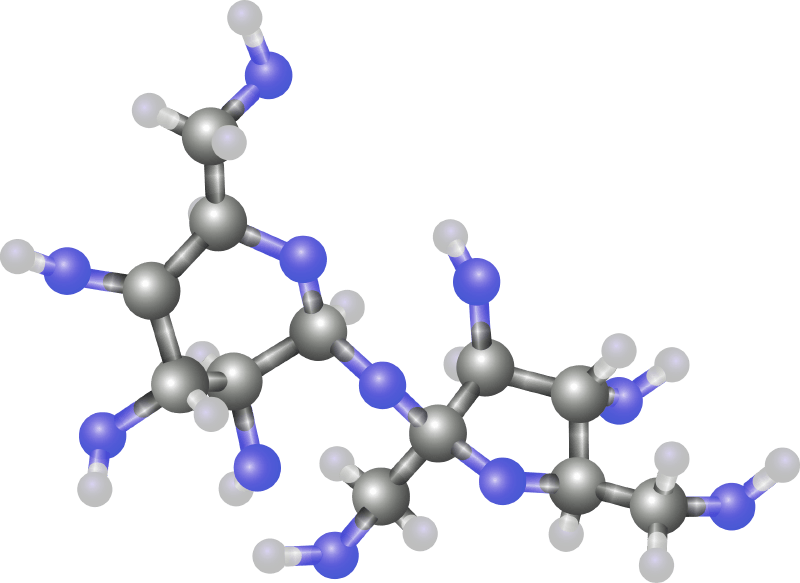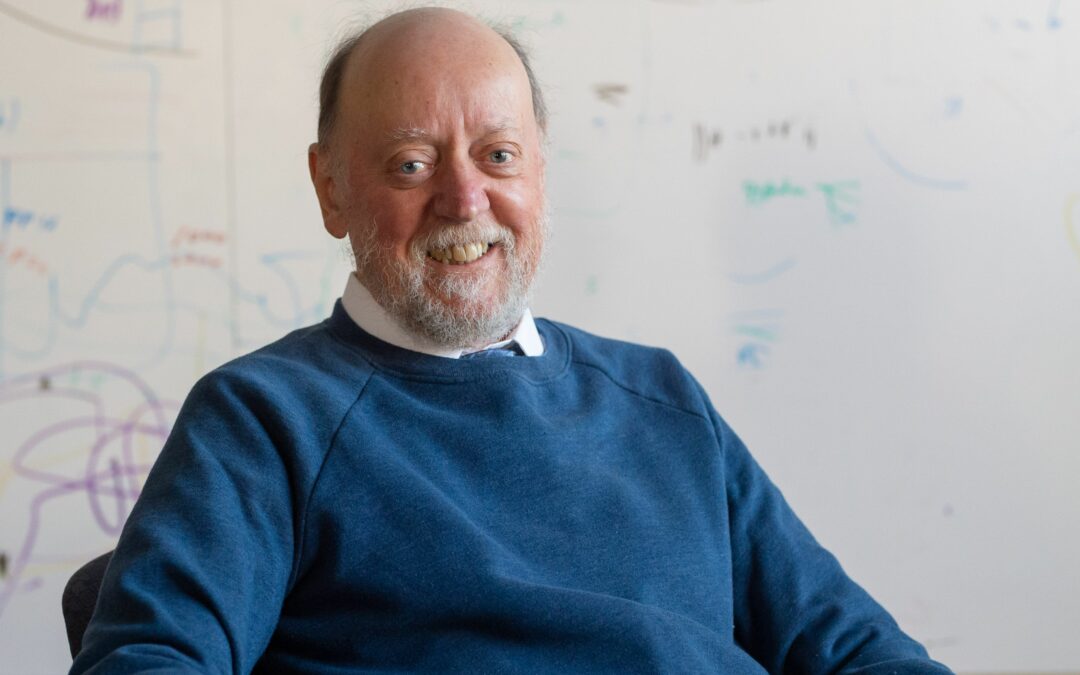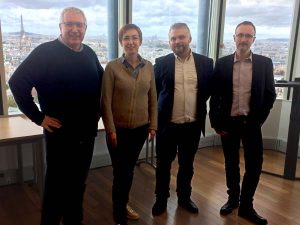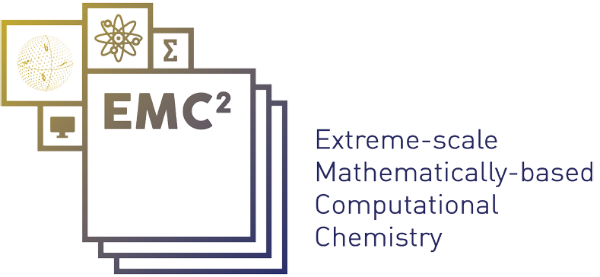The EMC2 project
Molecular simulation is one of the most dynamic areas of scientific computing. Its field of application is very broad, ranging from theoretical chemistry and drug design to materials science and nanotechnology. Its importance in modern science has been acknowledged by two Nobel Prizes (Kohn & Pople in 1998; Karplus, Levitt & Warshel in 2013). It is also a gold mine of exciting problems for mathematicians and computer scientists.

EMC2 is an ERC Synergy project that aims to overcome some of the current limitations in the field of molecular simulation and aims to provide academic communities and industrial companies with new generation, dramatically faster and quantitatively reliable molecular simulation software. This will enable those communities to address major technological and societal challenges of the 21st century in health, energy and the environment for instance.
News

EMC2@Roscoff’24
Date: 1-5 July 2024 Location: Roscoff Programme Monday morning (July 1st)Accueil-IntroductionAndreas Savin : A modified expression for the Hamiltonian expectation value exploiting the short-range behavior of the wave functionMuhammad Hassan : Analysis of the Single...

5th edition of the Mini-school on mathematics for theoretical chemistry and physics
(organized by GDR NBODY with support from CNRS INC, LCT, LJLL, and ERC EMC2) Date: 5-7 June 2023 Location: Sorbonne Université, Pierre et Marie Curie (or Jussieu) campus, 4 place Jussieu, 75005, Paris. Laboratoire Jacques-Louis Lions, tower/corridor 15-16, 3rd floor,...

Colloquium Jacques-Louis Lions
Jack Dongarra 2021 ACM A.M. Turing Award Laureate The University of Tennessee, Oak Ridge National Laboratory & University of Manchester An Overview of High Performance Computing and Future Requirements 6 June 2023, from 14:00 to 15:00 CEST Amphithéâtre 24, tour...
+ All news
What is an ERC Synergy project?
The European Research Council offers many grants to support researchers, the Synergy Grants enable two to four Principal Investigators (PIs) and their teams to bring together complementary skills, knowledge, and resources in new ways, in order to address jointly ambitious research questions. Selected projects receive funds for six years and aim to cross the boundaries between different fields of research, with an emphasis on the synergetic effect of scientific excellence.
Why EMC2 ?
The “Extreme-scale Mathematically-based Computational Chemistry” project aims to achieve scientific breakthroughs in this field by gathering the expertise of a multidisciplinary community at the interfaces of four disciplines: mathematics, chemistry, physics and computer science.
Under the leadership of the four PIs supported by highly recognized teams from three major institutions in the Paris area, EMC2 will develop disruptive methodological approaches and publicly available simulation tools, and apply them to challenging molecular systems.
How ?
Collaboration between researchers and their teams will take place with regular meetings, workshops, participation and organization of conferences to build an effective synergy among the project participants and with other researchers in the world.
Principal Investigators
 The four PIs are from three academic institutions:
The four PIs are from three academic institutions:
- Yvon Maday from Sorbonne Université
- Laura Grigori from INRIA
- Jean-Philip Piquemal from Sorbonne Université
- Eric Cancès from ENPC
Objectives
Our objective is to overcome some of the current limitations in this field and to provide academic communities and industrial companies with new generation, dramatically faster and quantitatively reliable molecular simulation software, to enable those communities to address major technological and societal challenges of the 21st century (in health, energy, and the environment, for example).
